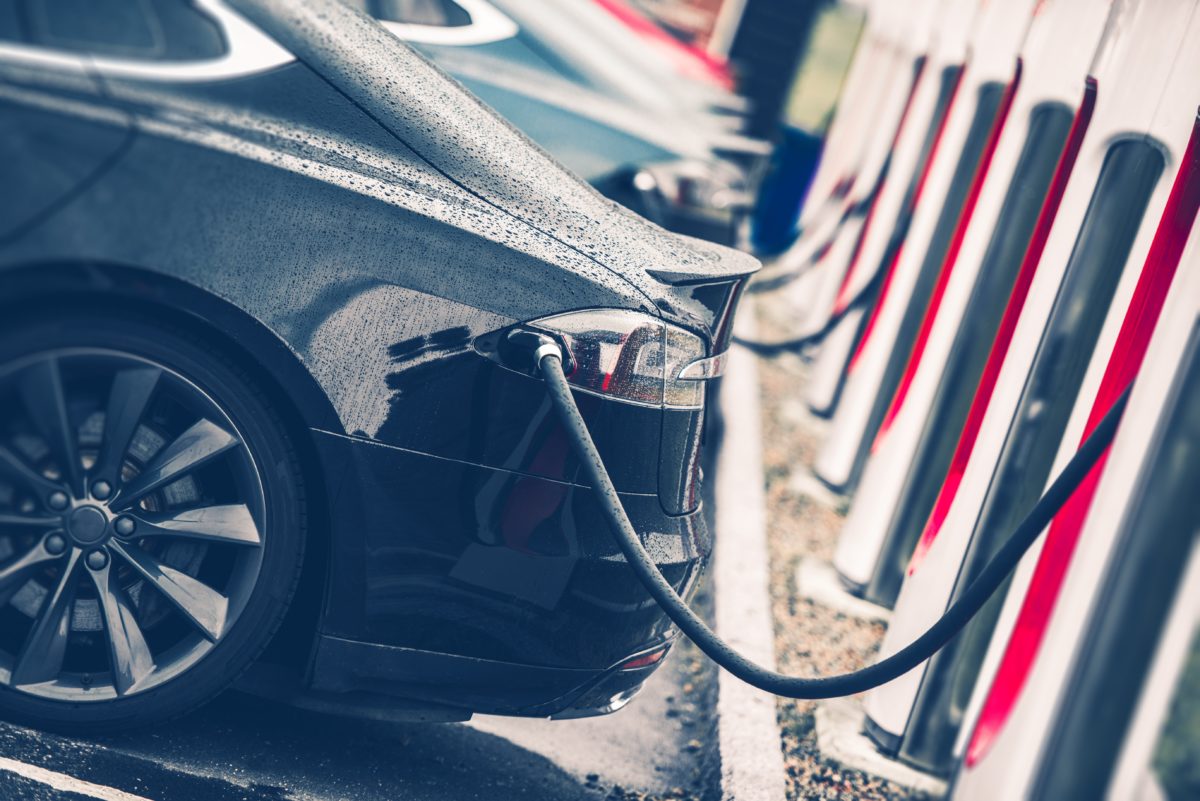Blog Domestic Demand Strains Global Oil Market
It seems the global oil market isn’t immune to at least one law of nature: The apex predator has the most voracious appetite.
The New York Times reports that the very oil-exporting countries that are experiencing remarkable domestic economic growth because of the global demand for oil may soon become victims of their own success.
Experts say … several of the world’s most important suppliers may need to start importing oil within a decade to power all the new cars, houses and businesses they are buying and creating with their oil wealth. … The report [by Canada-based CIBC World Markets] said “soaring internal rates of oil consumption” in Russia, in Mexico and in member states of the Organization of the Petroleum Exporting Countries would reduce crude exports as much as 2.5 million barrels a day by the end of the decade.
While unstable, undemocratic regimes are one thing (and not all oil exporters fall into the category), no one is going to begrudge the actual citizens of developing, oil-exporting nations the affluence and quality of life improvements that might come from global demand for the black gold burbling deep below their jurisdictional terra firma. Certainly, the United States, which relies on oil to drive its own economic engine, can’t. (The New York Times says that although U.S. demand is flat, it continues to account for nearly one-quarter of the world’s oil consumption.)
That said, reports of demand strains should raise the antennae of any American consumer who finds her purse or his wallet increasingly light after filling up at the pump. Internal domestic demand in oil states could tighten supply even further, especially if production capacity were to remain constant. Ergo, prices at the pump in Peoria are given even less reason to decrease as the number of oil-exporting countries gets comparatively smaller.
And for those of us who find it troubling that our addiction to oil props up and sustains many of the same rogue regimes that threaten American interests at home and abroad, the idea that supply will be in even fewer hands — not necessarily of Uncle Sam’s choosing — is highly problematic.
Luckily for an oil-addicted America, our options aren’t simply to acquiesce. Aside from only pursuing the politically charged (and depending who you ask, the environmentally damaging) option of opening up new areas for exploration, we have other options. Good options.
Among the best (we think) is something that Cascadia Center at Discovery Institute has been pressing for quite some time — the electrification of transportation through the use of innovative vehicle technology (plug-in hybrid electric vehicles).
While not a panacea, supporting the development and use of vehicles that, with the flip of a switch, dramatically reduce our dependence on oil for transportation and simultaneously address environmental concerns, is perhaps the single best option we have. And it might work for our neighbor to the south too. In Mexico, according to The New York Times, the number of cars has “nearly doubled … in the last decade, and gasoline consumption is growing 5 percent a year.”
The answer, of course, isn’t to stop driving, but to change the way we power our vehicles. (Don’t just take our advice; none other than America’s de facto international affairs professor, columnist Thomas Friedman, writes about it often, including in this column one week ago.)
Then I got together with three engineering undergrads who helped launch the Vehicle Design Summit … These kids are building a hyper-efficient car, which, they hope, “will demonstrate a 95 percent reduction in embodied energy, materials and toxicity from cradle to cradle to grave” and provide “200 m.p.g. energy equivalency or better.” The Linux of cars!
We’ll keep watching closely reports and analyses about global oil consumption habits. But we’ll also keep pushing our ideas on electrifying transportation. Wouldn’t it be nice to know that studies and reports about consumption demand or instability in oil states weren’t such a concern for the United States? And wouldn’t it, paraphrasing former CIA director, R. James Woolsey, be even better to know that driving to get groceries and that your daily commute didn’t help fund both sides of the war on terror?

